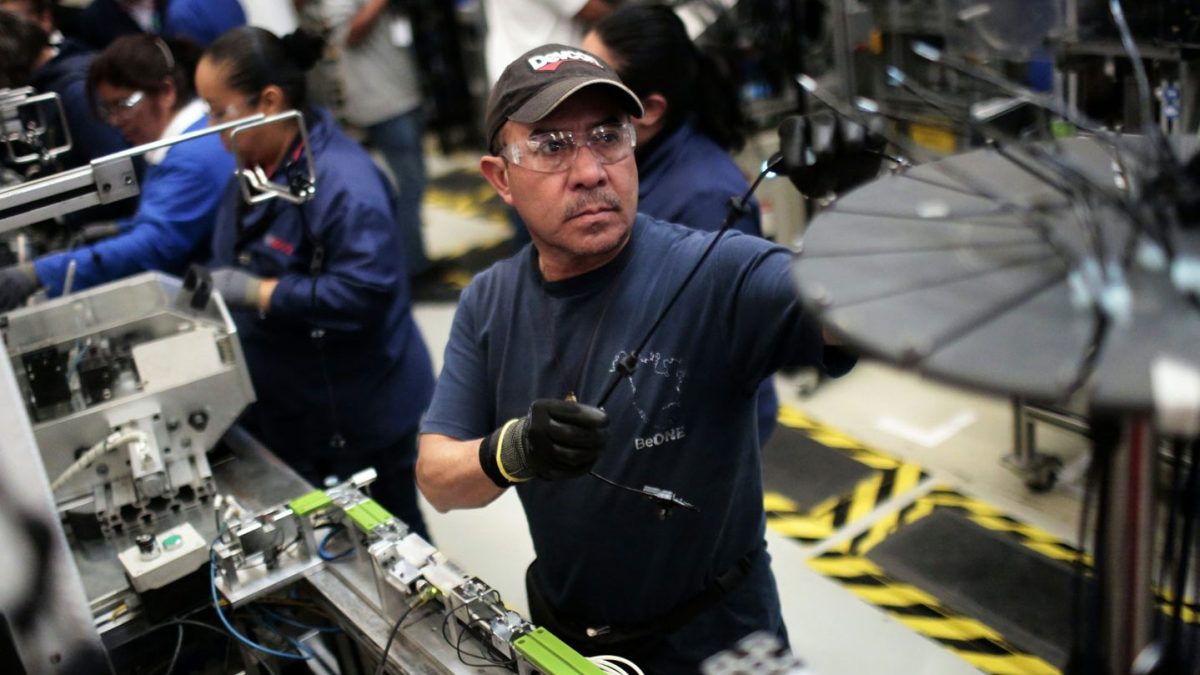Factories are moving to Mexico for their technical superiority.
Automakers in Mexico are investing in automation to do the task that human workers once did. Instead of cheap labor, an increasing reliance on robotics has contributed to the dearth of manufacturing jobs in the U.S.
Historically, cheap labor has long allowed factories south of the border to satisfy American’s appetite for goods. The lower wages for Mexican workers have long enticed American plants to close and pop-up in Mexico. Now, though, the attraction is less human.
Automation and cheap labor have combined to form a formidable Mexican auto manufacturing industry, according to MIT Technology Review.
A record number of Mexicans joined the manufacturing labor force in May, despite the increasing amount of automation in auto factories. By 2025, Mexico is expected to use robots for 30 percent of factory work.
President Trump made a promise during his campaign to bring jobs back to American factory workers. If it wasn’t a dubious claim then, it certainly seem so now. The U.S., China, and Japan are all growing their automation capabilities at a faster rate than Mexico. In five years, robots are expected to perform 45 percent of manufacturing labor today in those countries.
This article appeared in an InsideHook newsletter. Sign up for free to get more on travel, wellness, style, drinking, and culture.

























